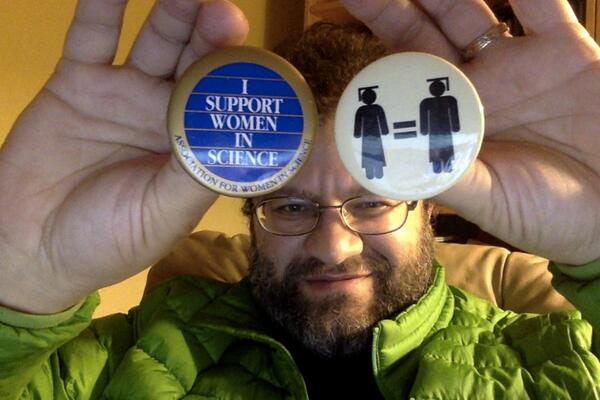Well, alas, Time magazine turned what could have been a story about the spread of antibiotic resistance into what appears to be a promotion for Martin Blaser's new book:
Antibiotic-Resistant Bacteria Are Now In Every Part of the World | TIME.com.
The article starts of OK - reporting on the new WHO report on antibiotic resistance. But then it gets into the microbiome and what antibiotics supposedly do to it. Some quotes:
"But even more concerning, say experts like Dr. Martin Blaser, director of the human microbiome program at the New York University Langone Medical Center and author of Missing Microbes, is how these antibiotics are affecting the makeup of both good and bad bacteria that live within us – our microbiome. The first big cost of antibiotics is resistance,” he says. “But the other side of the coin is [the fact that] antibiotics are extinguishing our microbiome and changing human development.”
Extinguishing our microbiome? Really? The evidence simply does not support such a claim. I personally think antibiotics may be contributing to messing up the microbiome in many people and that this in turn might be contributing to the increase in a variety of human ailments (e.g., I mentioned this issue in my
TED talk and many many times here and elsewhere). But "extinguishing"? Not even close. In fact, many of the published sutdies done so far suggest that the human microbiome is
pretty resilient in response to antibiotics. Really serious overselling of the impact of antiobitcs by Blaser.
And "changing human development?" Not sure what the evidence for that is either. Most likely this refers to the role the microbiome plays in immune system development but I am not aware of strong evidence that antibiotics lead to changes in human devleopment.
They then quote Blaser again:
If I prescribe a heart medicine for a patient, that heart medicine is going to affect that patient,” says Blaser. “But if I prescribe an antibiotic, that antibiotic will affect the entire community to some degree. And the effect is cumulative.
Yes antibiotics can affect more than one person because microbes (and resistance) can spread. But "the effect is cumulative"? I do not think that has been shown.
Finally, Time (well, Alice Park, the author) states (in relation to limiting overuse of antibiotics)
That may also help to protect our microbiomes, which in turn could slow the appearance of chronic diseases such as obesity, cancer and allergies.
What? Now antibiotics cause obesity? And allergies? And cancer? Sure - there is good reason to think that antibiotic usage plays a role in obesity and allergies. The evidence is not yet completely overwhelming but it is certainly a reasonable notion. But how did cancer get thrown in here?










